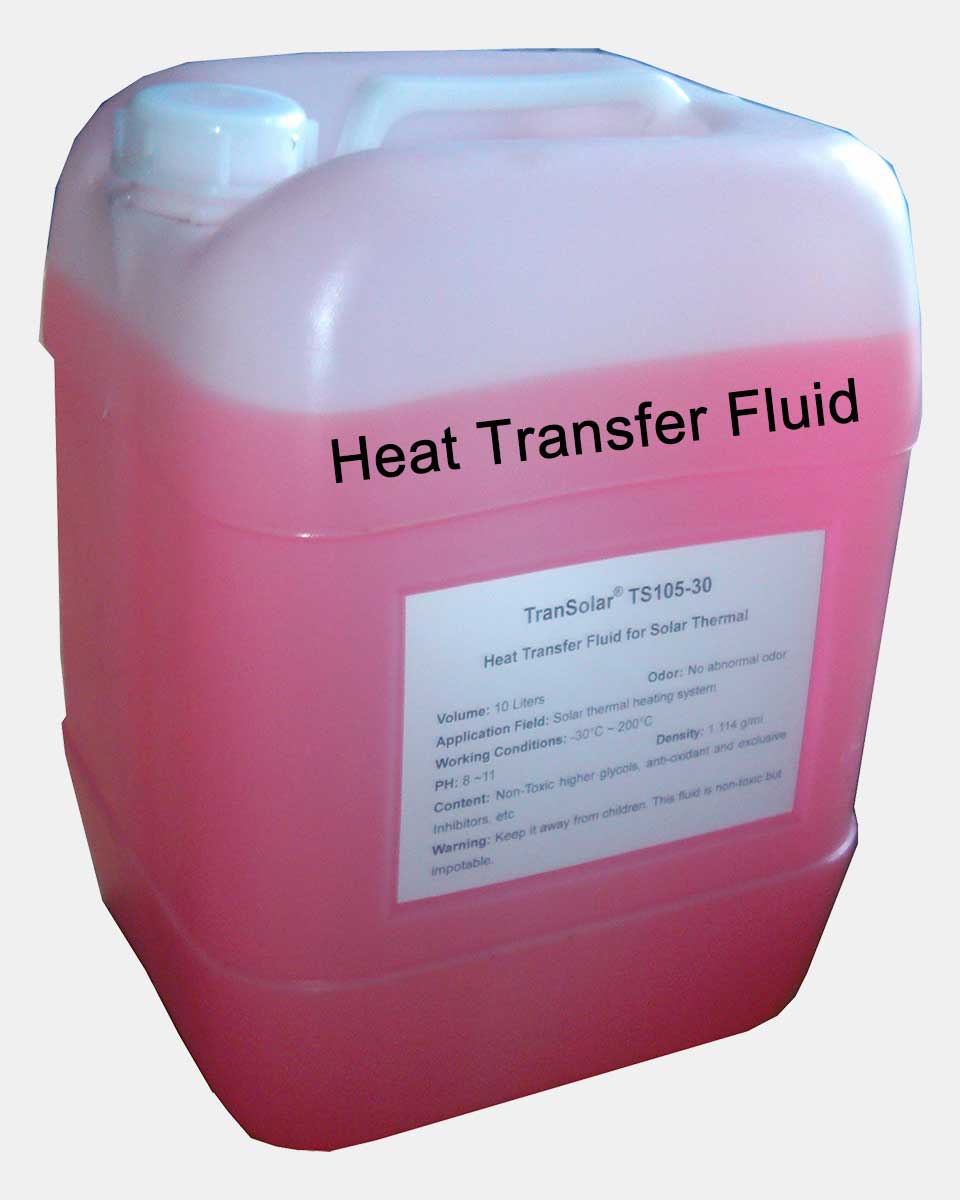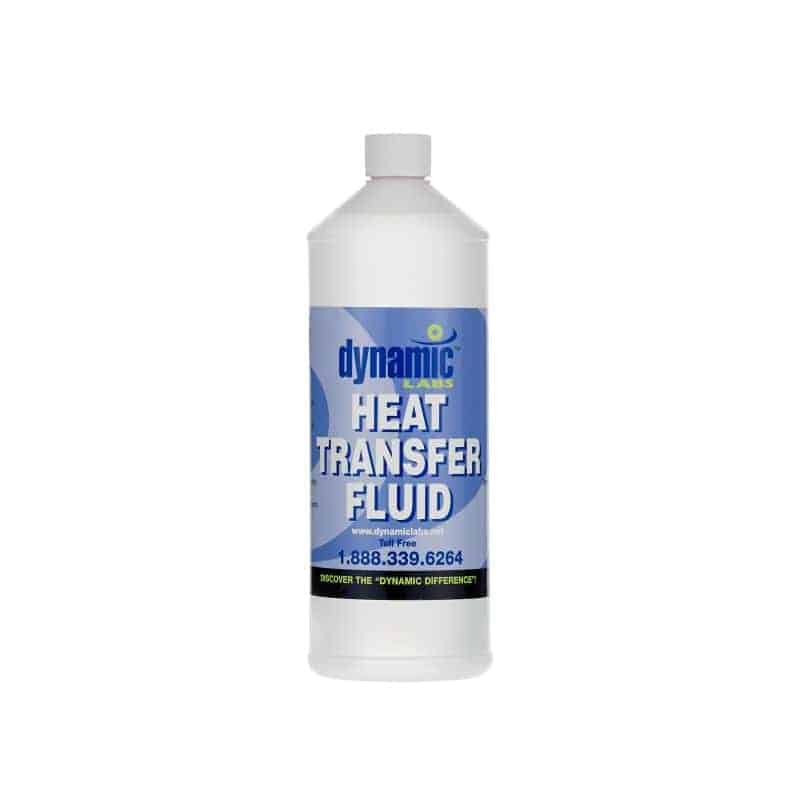Selecting the Right Heat Transfer Fluid for Your Business: Essential Factors
Selecting the Right Heat Transfer Fluid for Your Business: Essential Factors
Blog Article
Why Choosing the Right Heat Transfer Fluid Is Critical for Optimal System Performance
Selecting an ideal heat transfer liquid is a crucial choice that can significantly influence system efficiency and operational prices. The best fluid not just enhances thermal performance yet additionally ensures durability and integrity of equipment, lowering the danger of pricey downtimes. Trick residential or commercial properties such as thermal conductivity, thickness, and thermal security should be meticulously reviewed to optimize power consumption and avoid prospective failings. As the ramifications of this choice expand much beyond prompt efficiency, recognizing the subtleties of liquid option ends up being essential for anyone wanting to accomplish ideal system efficiency. What factors should be prioritized in this important decision-making procedure?
Value of Heat Transfer Fluids
What duty do warmth transfer fluids play in industrial procedures? Warmth transfer liquids are important for the efficient transfer of thermal power within various commercial systems. They promote the motion of warm from one location to another, ensuring that processes operate within optimum temperature level arrays. Their key feature is to absorb warm from a resource, such as a heater or activator, and supply it to an end individual, like a heat exchanger or distillation column.
The choice of warm transfer fluid can considerably influence power effectiveness, tools, and safety durability. Fluids must can holding up against heats and pressures without deteriorating, as well as exhibit very little volatility and reduced toxicity. Their efficiency straight affects not only the productivity of the system however additionally its operational prices.
Moreover, warmth transfer fluids play a crucial role in maintaining procedure control, making certain that temperature changes are minimized. This is particularly important in sensitive applications such as pharmaceuticals and petrochemicals, where precise temperature level management is important. In general, the significance of picking the best warm transfer liquid can not be overemphasized, as it is essential to enhancing commercial procedures and enhancing overall system performance.
Secret Quality to Think About
When picking a warmth transfer liquid, which key buildings should be prioritized to make certain optimal performance? Firstly, thermal conductivity is important; a liquid with high thermal conductivity will effectively transfer warmth, minimizing energy loss. Furthermore, the details warmth ability of the fluid is vital, as it figures out just how much power the fluid can release and keep, influencing total system responsiveness.
Viscosity is one more significant residential or commercial property to think about, as it influences the liquid's flow attributes; lower thickness fluids are usually favored for simpler circulation and minimized pumping energy. The fluid's temperature level array is similarly essential; it should carry out properly within the functional temperatures of the system without evaporating or degrading.
Chemical security is vital to protect against deterioration with time, which can bring about system inefficiencies and potential failures - thermal oil. In addition, compatibility with system materials should not be forgotten to avoid deterioration or damage to components. Take into consideration the ecological impact and security account of the liquid, as laws and sustainability goals increasingly affect liquid choice. By focusing on these vital properties, one can select a warm transfer liquid that boosts system strength and reliability.

Influence On System Efficiency
The choice of warm transfer fluid directly visit the website influences system performance, impacting both power consumption and functional efficiency. A liquid's thermal conductivity, viscosity, and warm capability play critical duties in how efficiently it moves warmth within a system. Optimum liquid residential or commercial properties make sure that warmth is look these up soaked up and distributed effectively, lessening energy losses and enhancing the general performance of the system.

Additionally, the compatibility of the liquid with system materials can substantially affect performance. A fluid that triggers rust or degradation can lead to leaks and system failings, better reducing efficiency. In recap, the right warm transfer liquid not only maximizes energy efficiency and lowers prices however additionally enhances the integrity and durability of the system, making it a vital consideration for designers and decision-makers in thermal monitoring applications.
Usual Kinds Of Heat Transfer Fluids
A selection of warm transfer liquids are typically employed in thermal management systems, each with distinctive residential or commercial properties suited to particular applications. Water is among the most widely used warm transfer liquids due to its high particular heat ability, inexpensive, and accessibility. Nevertheless, its cold point restricts its usage in low-temperature applications.
Thermal oils, frequently obtained from oil, are another popular choice, particularly in high-temperature systems. These fluids can run at elevated temperatures without vaporizing, making them optimal for industrial applications. They may have constraints worrying thermal stability.
Refrigerants, used mostly in cooling down systems, have unique thermodynamic buildings that enable reliable warmth transfer at reduced temperature levels. Their option is important to ensure efficiency and conformity with environmental laws.

In enhancement, stage change additional info materials (PCMs) are getting traction for their capacity to soak up and release considerable quantities of warmth during stage transitions, offering a distinct solution for thermal power storage space. Each fluid's specific features have to be examined for ideal performance.
Ideal Practices for Option
Picking the appropriate warmth transfer liquid includes careful consideration of several essential variables that line up with the particular needs of the application. Initially, examine the operational temperature level variety. The fluid needs to maintain its buildings and performance across the desired temperature spectrum. Second, take into consideration the fluid's thermal conductivity, which influences warm transfer prices; higher thermal conductivity typically brings about improved efficiency.
Furthermore, review the liquid's thickness, as it influences pumping energy and overall system efficiency. Lower thickness fluids generally decrease energy intake throughout circulation. Compatibility with system materials is another vital element; make certain that the fluid does not cause deterioration or deterioration of parts and pipelines.
Following, take into consideration the fluid's stability and long life, specifically in high-temperature applications. A secure liquid lessens maintenance and replacement prices. Lastly, ecological and security guidelines should assist your choice process, emphasizing ecologically pleasant and non-toxic options when possible.
Conclusion
In final thought, choosing the suitable warm transfer liquid is important for accomplishing optimum system performance. The right fluid boosts thermal conductivity, reduces power losses, and advertises equipment long life, ultimately leading to improved system dependability and performance.
Warm transfer liquids are crucial for the efficient transfer of thermal energy within different commercial systems. In addition, the details heat capacity of the fluid is vital, as it determines just how much power the fluid can release and store, affecting general system responsiveness.
Take into consideration the ecological influence and safety and security account of the fluid, as policies and sustainability objectives increasingly affect liquid choice - dielectric cooling fluid. A liquid's thermal conductivity, viscosity, and heat capacity play pivotal functions in how efficiently it transfers warm within a system. Water is one of the most commonly made use of warmth transfer fluids due to its high details heat ability, reduced cost, and schedule
Report this page